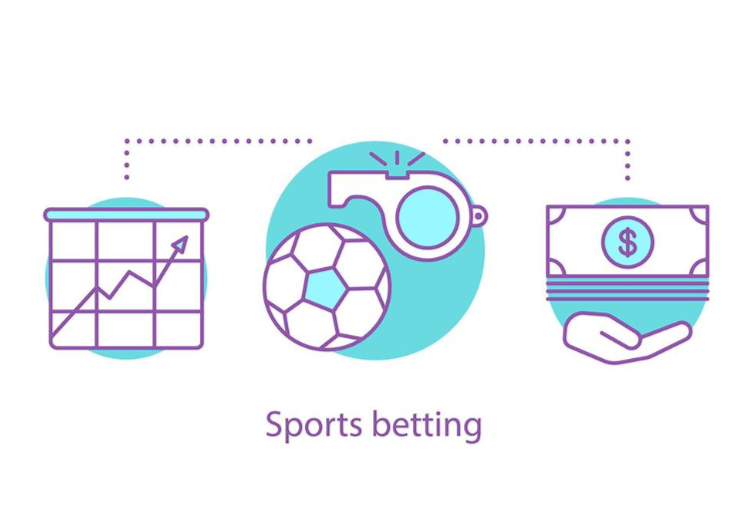In the world of sports betting, success often hinges on more than just luck. Conducting thorough betting research is a critical component that can significantly enhance your chances of making profitable bets. Whether you’re a casual bettor or a seasoned professional, understanding the importance of betting research and how to conduct it effectively can transform your betting experience.
Why Betting Research Matters
Betting research is the process of gathering and analyzing information to make informed betting decisions. It involves studying various factors that can influence the outcome of a sporting event, such as team form, player injuries, historical data, and more. Here’s why betting research is crucial:
- Informed Decisions: Research helps you make data-driven decisions rather than relying on gut feelings or luck.
- Identifying Value Bets: By analyzing statistics and trends, you can identify bets that offer better value.
- Risk Management: Understanding the risks involved in each bet allows you to manage your bankroll more effectively.
- Enhanced Winning Potential: Thorough research can increase your chances of winning by providing insights that casual bettors might miss.
Key Components of Betting Research
To conduct effective betting research, you need to focus on several key components. Each of these elements provides valuable insights that can influence your betting decisions.
Team and Player Analysis
- Form and Performance: Analyze the recent form and performance of teams and individual players. Look at their winning streaks, losing streaks, and overall consistency.
- Injuries and Suspensions: Keep track of injuries and suspensions, as these can significantly impact a team’s performance.
- Head-to-Head Records: Study the historical performance of teams against each other. Head-to-head records can provide insights into potential outcomes.
Statistical Analysis
- Key Metrics: Focus on key statistical metrics relevant to the sport. For example, in football, consider goals scored, goals conceded, possession percentages, and shot accuracy.
- Trends and Patterns: Identify trends and patterns in the data. For instance, a team might perform better at home or struggle against certain types of opponents.
- Advanced Statistics: Utilize advanced statistics like expected goals (xG) in football or player efficiency rating (PER) in basketball to gain deeper insights.

Environmental Factors
- Weather Conditions: Weather can affect the outcome of outdoor sports. For example, rain can slow down a football match, while wind can impact a golf tournament.
- Venue: Consider the venue of the event. Some teams perform better at home, while others might struggle on certain types of surfaces (e.g., grass vs. artificial turf).
- Time of Day: The time of day can also influence performance. Some teams might perform better in daytime matches, while others excel under lights.
Steps to Conduct Effective Betting Research
Conducting effective betting research involves a systematic approach. Here are the steps to follow:
- Gather Data: Collect relevant data from reliable sources. This includes team and player statistics, historical data, and expert analysis.
- Analyze Information: Analyze the gathered data to identify trends, patterns, and key insights. Use statistical tools and software to aid in your analysis.
- Compare Odds: Compare the odds offered by different bookmakers to find the best value bets. Use odds comparison websites to streamline this process.
- Make Informed Decisions: Based on your analysis, make informed betting decisions. Ensure that your bets are backed by solid research and data.
- Review and Adjust: After placing your bets, review the outcomes and adjust your strategy as needed. Continuous learning and adaptation are key to long-term success.
Tools and Resources for Betting Research
- Sports Databases: Websites like SoccerStats, Basketball-Reference, and ESPN provide comprehensive statistical data for various sports.
- Odds Comparison Sites: Use sites like OddsChecker and BetBrain to compare odds from different bookmakers.
- Expert Analysis: Follow expert analysts and tipsters who provide insights and predictions based on thorough research.
- Social Media: Platforms like Twitter can be valuable for real-time updates and insights from experts and fellow bettors.
Common Mistakes to Avoid in Betting Research
While conducting betting research, it’s important to avoid common pitfalls that can undermine your efforts. Here are some mistakes to watch out for:
- Overreliance on Recent Form: Avoid placing too much emphasis on recent form without considering long-term trends and historical data.
- Ignoring Injuries: Failing to account for injuries and suspensions can lead to inaccurate predictions.
- Biased Analysis: Avoid letting personal biases or favorite teams influence your research and decisions.
- Incomplete Data: Ensure that your research is based on comprehensive and up-to-date data. Incomplete or outdated information can lead to poor betting decisions.
Conclusion
Betting research is a fundamental aspect of successful sports betting. By conducting thorough and systematic research, you can make informed decisions, identify value bets, and enhance your winning potential. Whether you’re betting on football, basketball, or any other sport, investing time in research can significantly improve your betting outcomes. Embrace the importance of betting research and elevate your betting strategy today.





